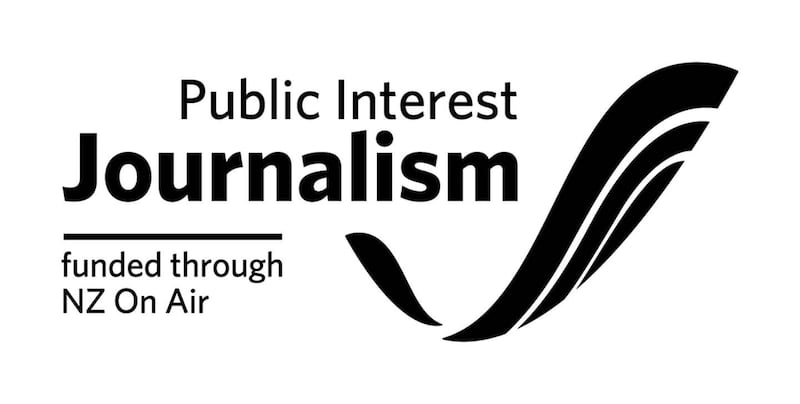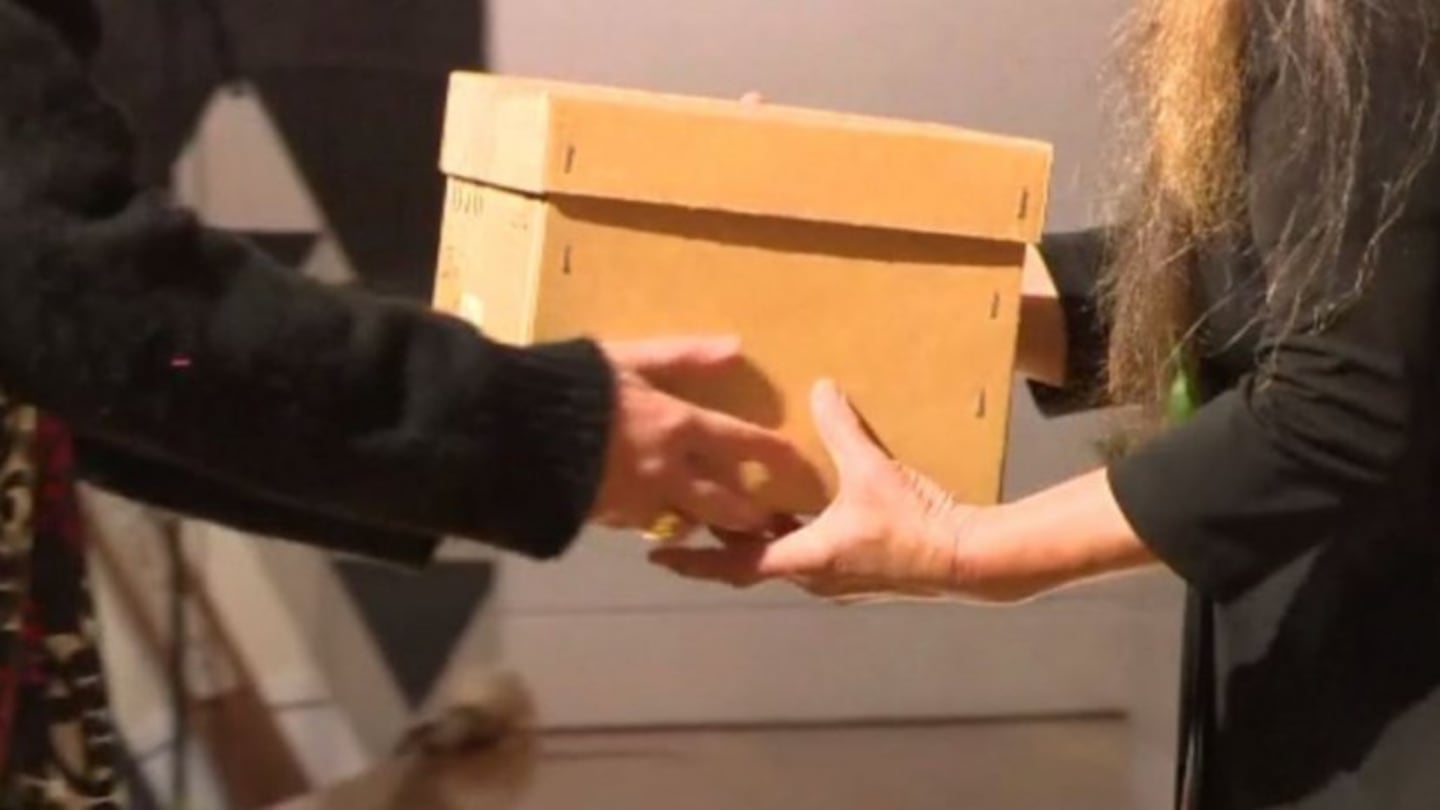The first repatriation of kōiwi and Kōimi T’chakat Moriori from Austria will see the remains of more than 60 individuals return to Aotearoa after more than 130 years.
The remains of approximately 64 individuals will be welcomed to Te Papa next month, bringing an end to negotiations between New Zealand and Austria that started 77 years ago. The bones consist of calvaria (skulls without mandibles), craniums, loose mandibles and maxilla (upper jaw) fragments.
Records indicate that 49 of these ancestors were collected by Austrian taxidermist and notorious grave-robber Andreas Reischek who spent 12 years in New Zealand from 1877 to 1889.
Professor Sir Pou Temara, Repatriation Advisory Panel Chair acknowledged the importance of this major repatriation.
“These ancestors were stolen by those with no regard for the Māori communities they belonged to,” Sir Pou said.
Breaking tapu
“In his diary entries Reischek boasts of eluding Māori surveillance, looting sacred places and breaking tapu – he knew exactly what he was doing. His actions were wrong and dishonest.
“It is always a spiritual relief and privilege to welcome back our ancestors who have been victims of such wrongdoing. Culturally we know that they are weeping with joy now that they have returned to Aotearoa where at last they will rest in peace,” Sir Pou says.
Museum records and journals indicate many of the tūpuna and karāpuna were taken from Rēkohu Wharekauri, Whanganui, Otautahi, Lyttelton, Tāmaki Makaurau and parts of Te Tai Tokerau including Whangaroa and Taiharuru.
Te Papa’s Kaihautū, Dr Arapata Hakiwai recognised the Natural History Museum, Vienna and the Austrian government for enabling the return of the ancestors.
“These ancestors’ journey home has been long-awaited, and is made possible by the mutual agreement of the museum and the Austrian government.”
“This historic repatriation helps to reconcile the colonial past and opens a new chapter in relationships between Māori, Moriori, and New Zealand and Austrian governments,” Dr Hakiwai said.
'Openness and reconciliation'
Te Papa’s acting head of repatriation Te Arikirangi Mamaku-Ironside has worked closely with colleagues in Austria.
“The Natural History Museum, Vienna has made a profound commitment to right the wrongs of the past, and approached this work with a spirit of openness and reconciliation.”
Natural History Museum director-general and scientific director Dr Katrin Vohland acknowledged the importance of the undertaking and its significance for all parties.
“I’m impressed by how much the wish for reconciliation drives the repatriation process, and I am happy we can contribute to the healing process,” Dr Vohland says.
“I’m thankful for the opportunities to let the relationship between Austria and New Zealand grow trustfully on a scientific and personal basis.”
The ancestors will be held in Te Papa’s wāhi tapu while provenance research is undertaken, followed by engagement with whānau, hapu and iwi to determine their final resting place.
The Natural History Museum’s formal handover ceremony will take place in Vienna tonight (NZT), with the remains welcomed to Te Papa on October 2.


